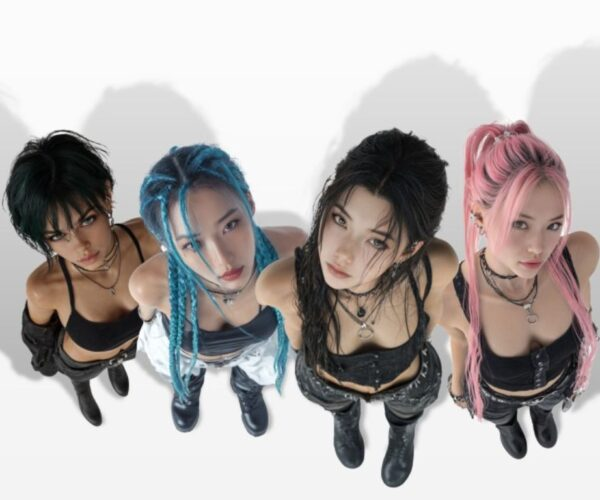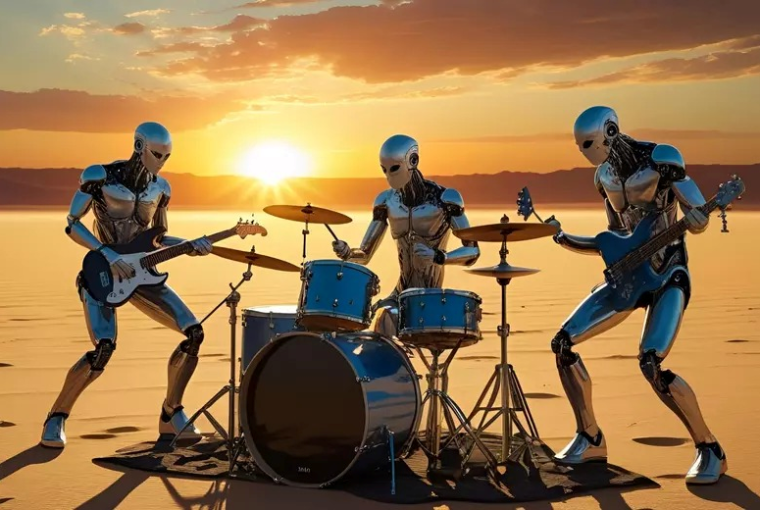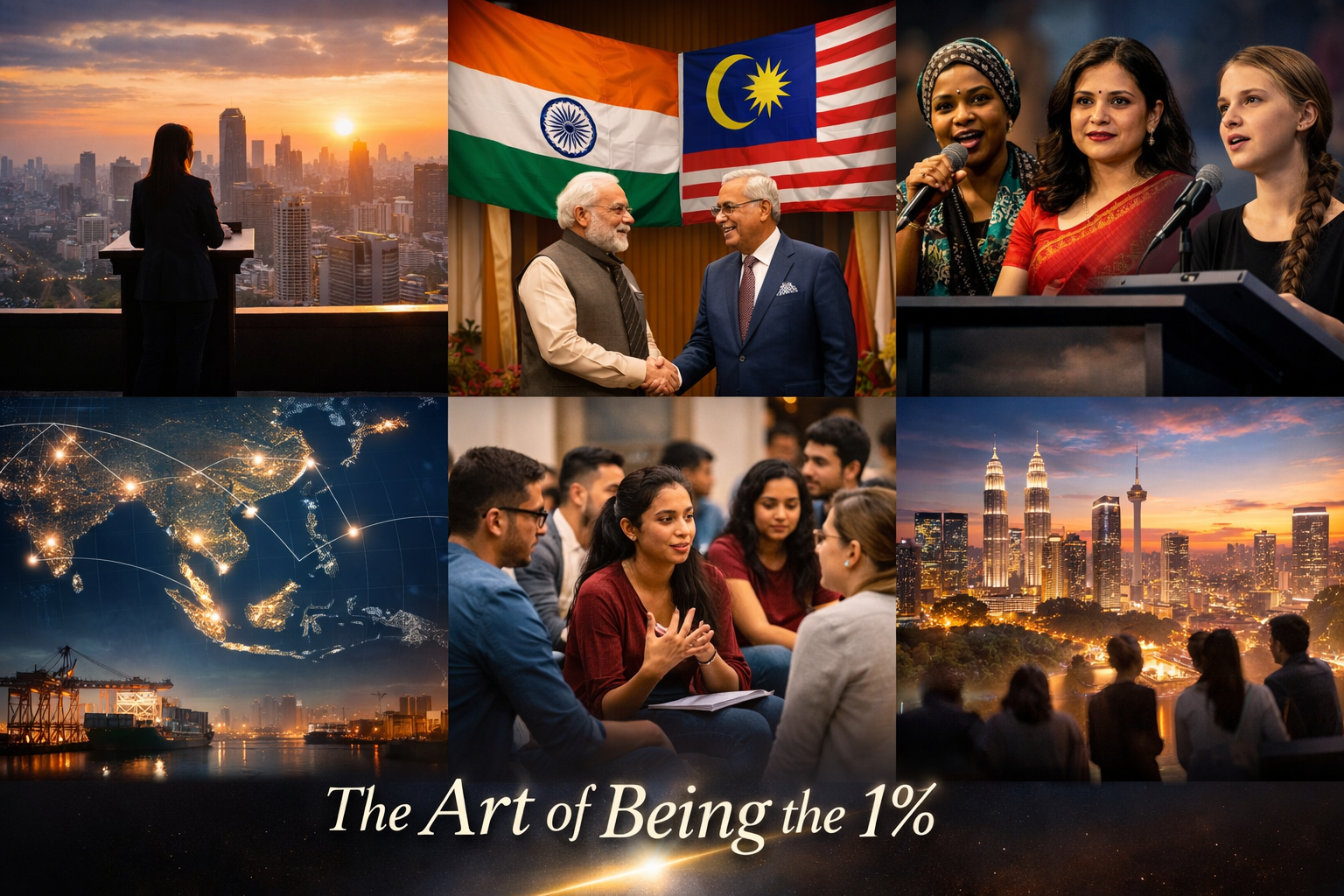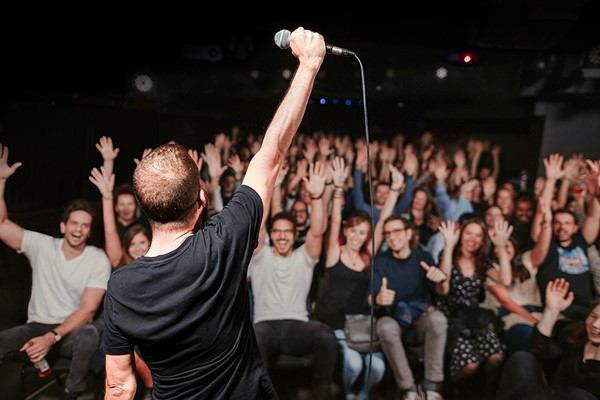Every generation faces a revolution in music. Vinyl killed sheet music, MTV reshaped stars into video icons, streaming demolished the CD. But 2025 feels different. This isn’t a new format—it’s a new species. AI artistes and bands aren’t just knocking on the door. They’ve kicked it open, plugged in the mic, and started performing.
From Kuala Lumpur’s The Alice Experiment to India’s Trilok, K-Pop’s PLAVE, Silicon Valley’s Velvet Sundown, Timbaland’s AI star TaTa, and Higgsfield’s jaw-dropping $50 million AI idol Kion, the question isn’t “is AI here?” The question is: where does this leave us—the human artists, the musicians, the storytellers, the hustlers?
Malaysia: The Alice Experiment Sparks Awe—and Anxiety
When The Alice Experiment debuted in Kuala Lumpur this August —Asia’s first fully AI rock-pop band with AI-generated members Alice Maeve Kim, Tae-rin, Kai, and Rumi—it wasn’t just another showcase. It was a cultural shockwave.
Audiences loved the fusion of English and Korean pop-rock, but whispers rose too: If a machine can write, perform, and “feel” like this, what happens to the dreamers playing in garages and bars, hustling for their first break?
India: Trilok and the Soul Question
India’s Trilok blended Vedic mantras with rock riffs to create something haunting and otherworldly. Some hailed it as genius—a way of preserving tradition through tech. Others worried: If AI can mimic sacred chants, does it strip them of soul? Or does it give them a new stage?
K-Pop: PLAVE and the Idol Dilemma
K-Pop already thrives on constructed fantasy. PLAVE, an entirely virtual idol group, sold over a million albums in its first week. Fans screamed, cried, and bought merch for avatars who don’t exist. This is the paradox: the emotional connection is real, but the “artist” isn’t. So, what is fandom really attached to—the music, or the idea of belonging?
The West: Velvet Sundown, TaTa, and Kion
In the U.S., Velvet Sundown tricked a million Spotify listeners into believing they were human. Timbaland’s TaTa—pitched as the world’s first A-Pop star—raises eyebrows and applause in equal measure.
And then there’s Kion. Launched by Higgsfield recently with a $50 million contract and a $1 million Fendi endorsement within 24 hours, she isn’t just a singer. She’s a corporation, a brand, a machine that never tires, never complains, never demands rights. For human K-Pop trainees who spend years perfecting dance moves under grueling contracts, the arrival of Kion feels like both an insult and an inevitability.
If K-Pop fandom has taught us anything, it’s that human passion is unbeatable. Dive into my deep dive on BTS, Stray Kids & fandom strategy.
The Debate: What Happens to Real Artists?
Here’s the heartbeat of the controversy:
-
Authenticity. Does art lose value when the creator doesn’t feel hunger, heartbreak, or joy? Or is creativity in the output, not the origin?
-
Survival. Can human musicians survive in an industry where labels may prefer AI—cheaper, tireless, scandal-free?
-
Ethics. Should machines be allowed to replicate India’s legendary Kishore Kumar’s voice, or impersonate Anthrax with an AI album (Crazy Sheep) without consent?
-
Opportunity. Could AI free human artists from drudgery—letting them focus on vision, while machines handle execution?
Even fans are split. Some call AI artistry “soulless mimicry.” Others shrug: If it makes me dance, why should I care?
What Humans Can Still Do Better
For me, as a journalist and media strategist, this debate cuts to the bone. I’ve seen firsthand the sweat of musicians grinding in clubs, and the genius of artists channeling lived experience into lyrics. I’ve launched a few unknown DJs and bands in the early days of Think Geek Media (2003-06) who now became mainstream, can AI replicate the raw, messy, flawed truth of human creativity.
But here’s the twist: AI doesn’t have to replace us. It can elevate us. I’m fast learning that too.
-
Imagine an indie artist using AI to design global visuals on a shoestring budget.
-
A PR strategist scaling storytelling across multiple languages overnight.
-
A creator building a hybrid act—half human, half AI—that connects cultures across borders.
Used right, AI isn’t competition. It’s collaboration. Let me second that too.




The Future: Hybrid, Human-Led, AI-Powered
We stand at a crossroad. One path leads to soulless efficiency, an industry where algorithms out-sing the artists who once bled for their craft. The other path—if we take it—is hybrid: human stories amplified by AI’s scale, human emotion sharpened by machine precision.
From Alice in KL to Trilok in India, PLAVE in Seoul, Velvet Sundown in the U.S., TaTa from Timbaland, and Kion in Higgsfield’s labs, the revolution is already here.
The real question isn’t: Will AI replace us?
The question is: Will we be bold enough to use AI to supercharge our own creativity, branding, and survival? Evolution, like Change, afterall, is the only constant. Because the future of music—and entertainment—isn’t machine vs. human. It’s those willing to adapt vs. those left behind.
What are your thoughts?
Read more: https://rollingstoneindia.com/a-new-ai-record-label-says-you-dont-need-talent-anymore/



